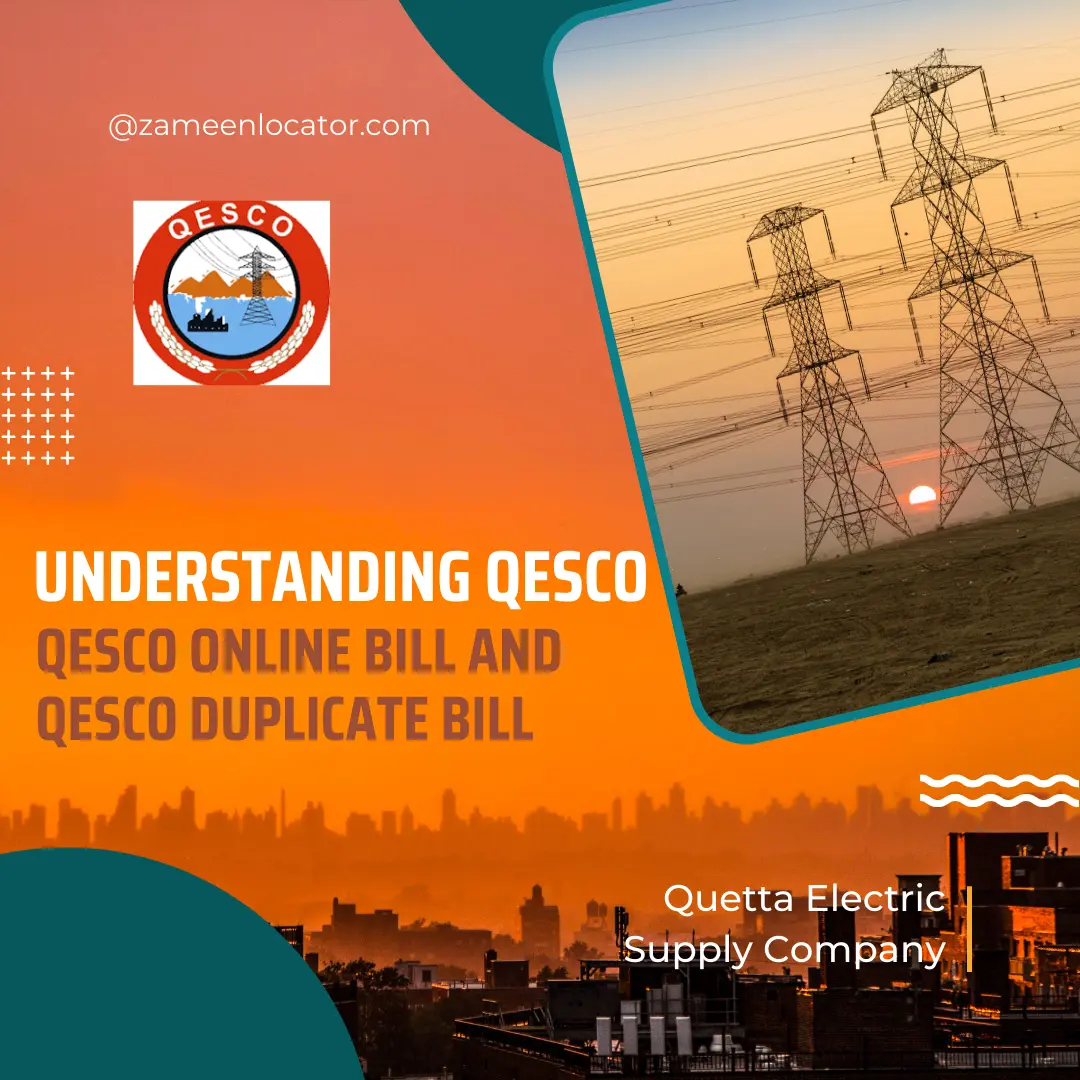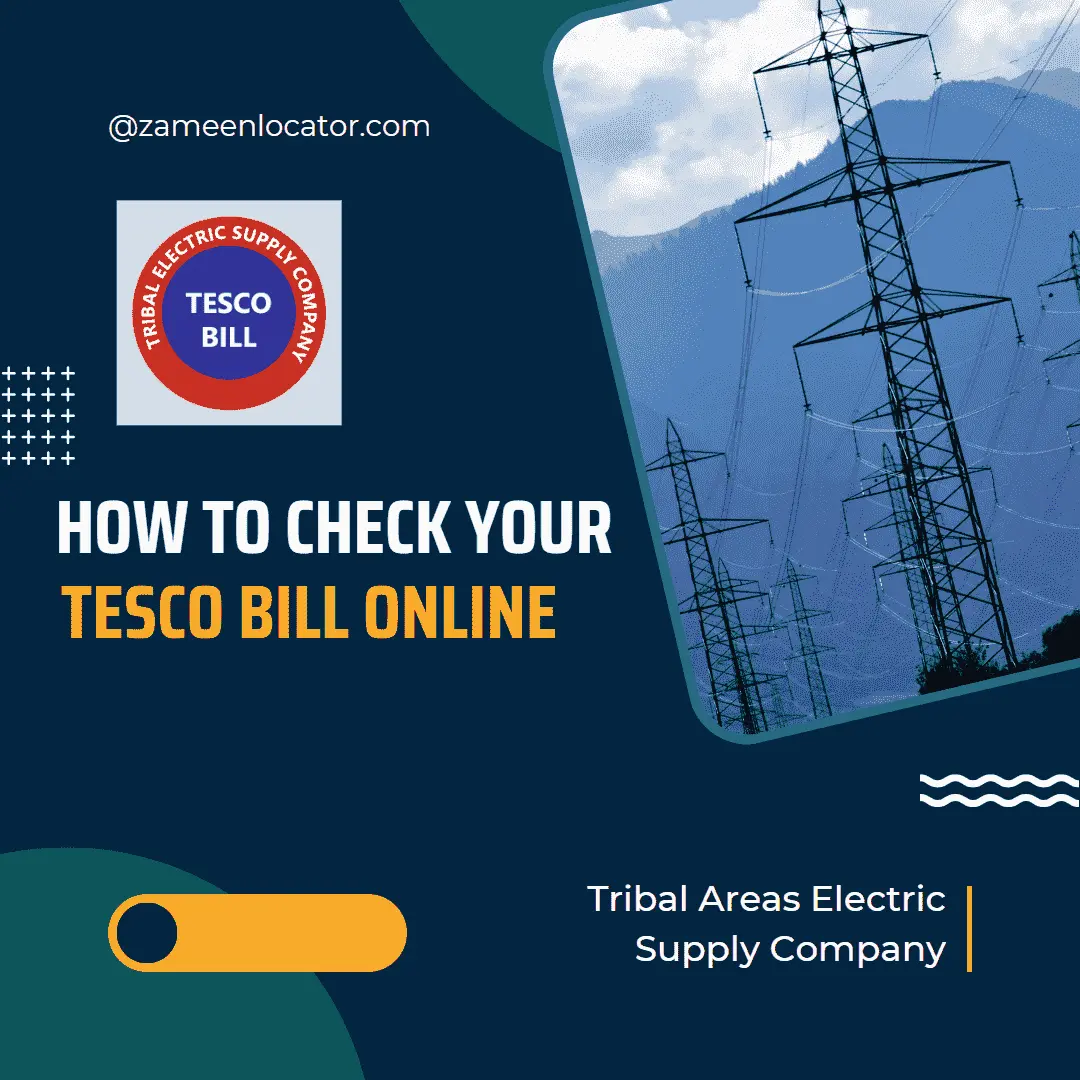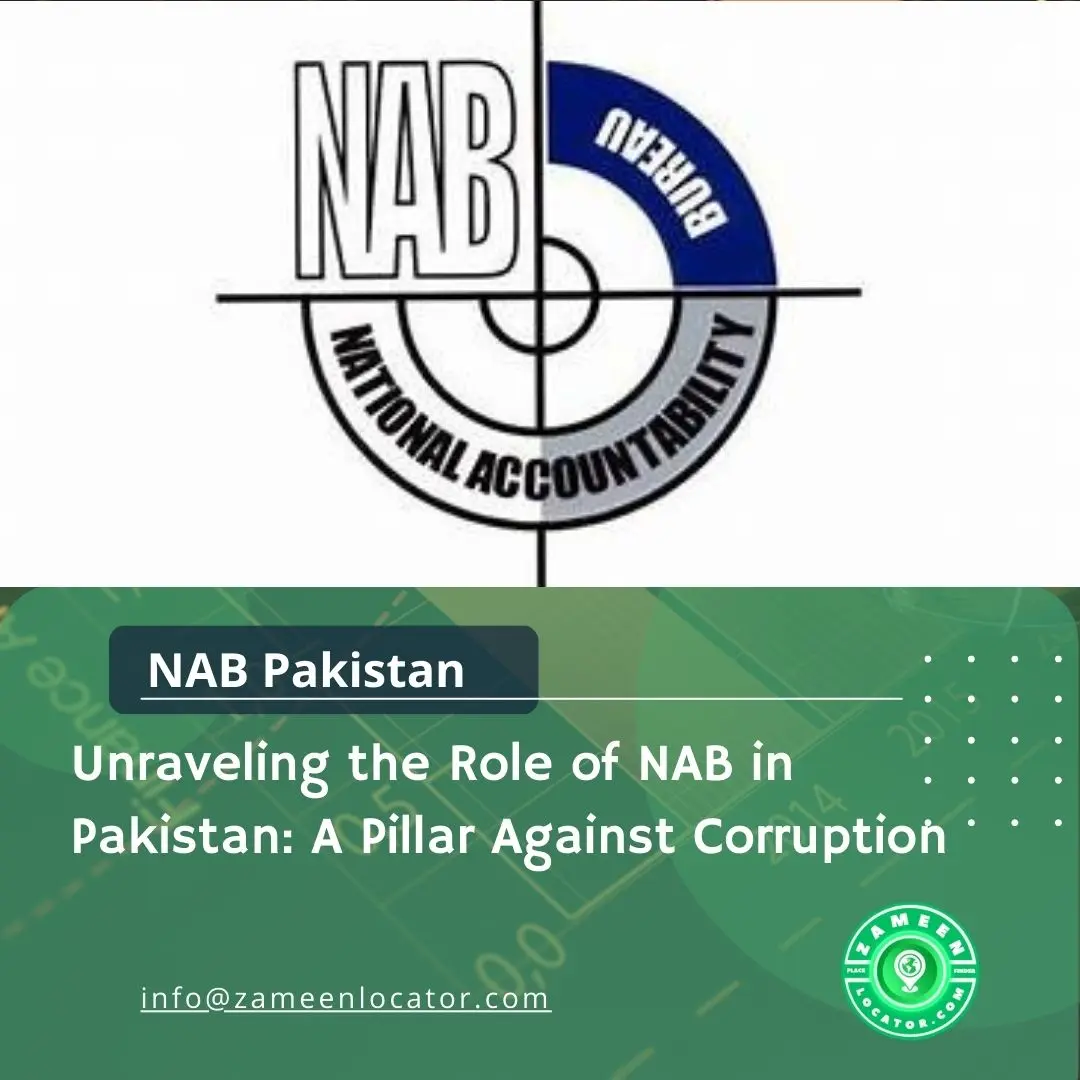inPakistan.webp)
Understanding OGRA: The Oil and Gas Regulatory Authority in Pakistan
- In Pakistan’s energy sector, the Oil and Gas Regulatory Authority (OGRA) plays a crucial role in ensuring that the industry operates efficiently, fairly, and transparently. Established to manage the country's oil and gas resources, OGRA’s responsibilities extend to regulating petrol and LPG prices, among other essential functions. This blog delves into the significant roles, impact, and future prospects of OGRA in shaping Pakistan’s energy landscape.
What is OGRA?
- The Oil and Gas Regulatory Authority (OGRA) was founded in March 2002 under the Oil and Gas Regulatory Authority Ordinance, 2002. It is an autonomous entity responsible for regulating the oil and gas sector in Pakistan. OGRA’s mission is to create a competitive, efficient, and fair market while protecting consumer interests and ensuring that the industry adheres to international standards and best practices.
Key Functions of OGRA
- OGRA’s broad regulatory mandate includes various functions for the stability and development of Pakistan's oil and gas sector:
- 1. Licensing and Regulation:
- OGRA issues licenses for exploration, production, transportation, and distribution of oil and gas.
- It ensures compliance with established standards and regulations to maintain industry integrity.
- 2. Tariff and Pricing Control:
- OGRA regulates tariffs for natural gas and petroleum products, including petrol and LPG prices.
- It ensures that pricing is fair and transparent, reflecting market conditions while safeguarding consumer interests.
- 3. Consumer Protection:
- OGRA enforces quality and safety standards for oil and gas products, ensuring safe and reliable services.
- It handles consumer complaints and disputes, working to resolve them efficiently.
- 4. Promoting Competition:
- The authority fosters a competitive environment by preventing monopolistic practices and encouraging fair competition.
- It aims to create a level playing field for all market participants.
- 5. Health, Safety, and Environment (HSE):
- OGRA sets and enforces HSE standards to minimize the risks associated with oil and gas operations.
- It conducts regular inspections and audits to ensure compliance with safety and environmental regulations.
Regulation of Petrol and LPG Prices
- One of the critical functions of OGRA is the regulation of petrol and LPG prices. This involves:
- Monitoring Market Trends: OGRA continually monitors global and domestic market trends to set prices that reflect current conditions.
- Ensuring Fair Pricing: The authority ensures that petrol and LPG prices are fair and affordable for consumers while allowing for reasonable profits for producers and distributors.
- Transparency: OGRA maintains transparency in its pricing mechanisms, providing regular updates and justifications.
Impact on Pakistan's Energy Sector
- OGRA's regulatory framework has a profound impact on Pakistan's energy sector. Here’s how OGRA contributes to the industry:
- 1. Efficiency and Reliability:
- By ensuring that the licensing process and operational standards are strictly followed, OGRA contributes to the efficiency and reliability of the energy supply chain.
- This leads to a stable and uninterrupted supply of energy, which is crucial for economic growth.
- 2. Economic Stability:
- OGRA’s role in tariff and pricing control helps stabilize the market, preventing price and affordability for consumers.
- This balance between consumer protection and industry profitability supports overall economic stability.
- 3. Safety and Environmental Protection:
- The authority’s stringent HSE standards protect workers, communities, and the environment from the hazards associated with oil and gas operations.
- Ensuring compliance with these standards is vital for the sustainable development of the sector.
- 4. Consumer Confidence:
- By addressing consumer grievances and enforcing quality standards, OGRA builds consumer confidence in the energy market.
- Transparent regulatory practices enhance trust between consumers and service providers.
Challenges and Future Prospects
- Despite its achievements, OGRA faces several challenges:
- Ensuring Compliance:
- Continuous monitoring and enforcement of regulatory standards are needed to ensure compliance across the industry.
- Addressing non-compliance and illegal activities requires robust mechanisms and resources.
- Adapting to Market Dynamics:
- The global energy market is evolving rapidly, with fluctuating prices and emerging technologies.
- OGRA must adapt its regulatory framework to keep pace with these changes and foster innovation.
- Infrastructure Development:
- Expanding and modernizing Pakistan’s oil and gas infrastructure is crucial for meeting future energy demands.
- OGRA’s role in facilitating investment and development in this area is critical.
Conclusion
- The Oil and Gas Regulatory Authority (OGRA) is a cornerstone of Pakistan’s energy sector, ensuring that oil and gas resources are managed efficiently, transparently, and sustainably. Through its comprehensive regulatory framework, OGRA supports economic stability, consumer protection, and environmental safety. As Pakistan continues to navigate the complexities of the global energy landscape, OGRA's role will be increasingly vital in shaping a resilient and dynamic energy future.
Frequently asked questions (FAQs)
- 1. What is OGRA, and what does it regulate?
- Answer: OGRA stands for the Oil and Gas Regulatory Authority. It is responsible for regulating the oil and gas sector in Pakistan. Includes overseeing activities related to exploration, production, refining, distribution, and marketing of oil and gas.
- 2. How does OGRA set petrol prices in Pakistan?
- Answer: OGRA regulates petrol prices in Pakistan by analyzing international market trends, currency exchange rates, and domestic factors such as taxes and transportation costs. The authority adjusts prices periodically to reflect changes in these factors.
- 3. What role does OGRA play in ensuring consumer protection?
- Answer: OGRA plays a crucial role in protecting consumers' interests by monitoring the quality and pricing of petroleum products. It ensures that consumers receive fair prices and that products meet national standards for safety and efficiency.
- 4. How does OGRA contribute to environmental sustainability?
- Answer: OGRA promotes environmental sustainability by enforcing regulations that govern emissions, waste management, and environmental impact assessments within the oil and gas industry.
- 5. Can OGRA enforce compliance with its regulations?
- Answer: Yes, OGRA has the authority to enforce its regulations through inspections, audits, and penalties for non-compliance. The authority works closely with stakeholders to promote legal requirements and industry best practices.









